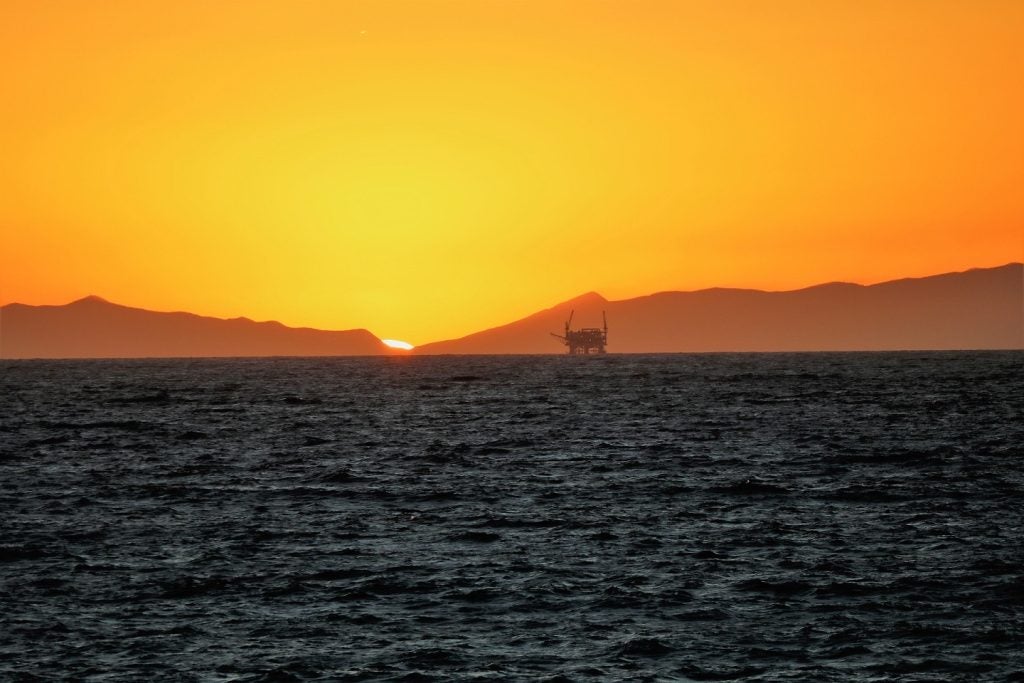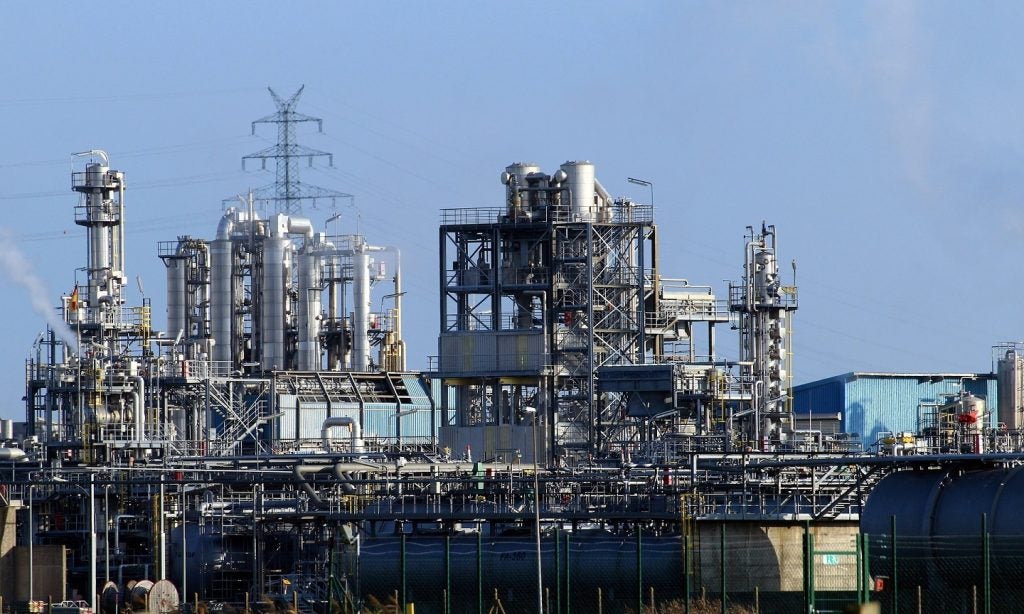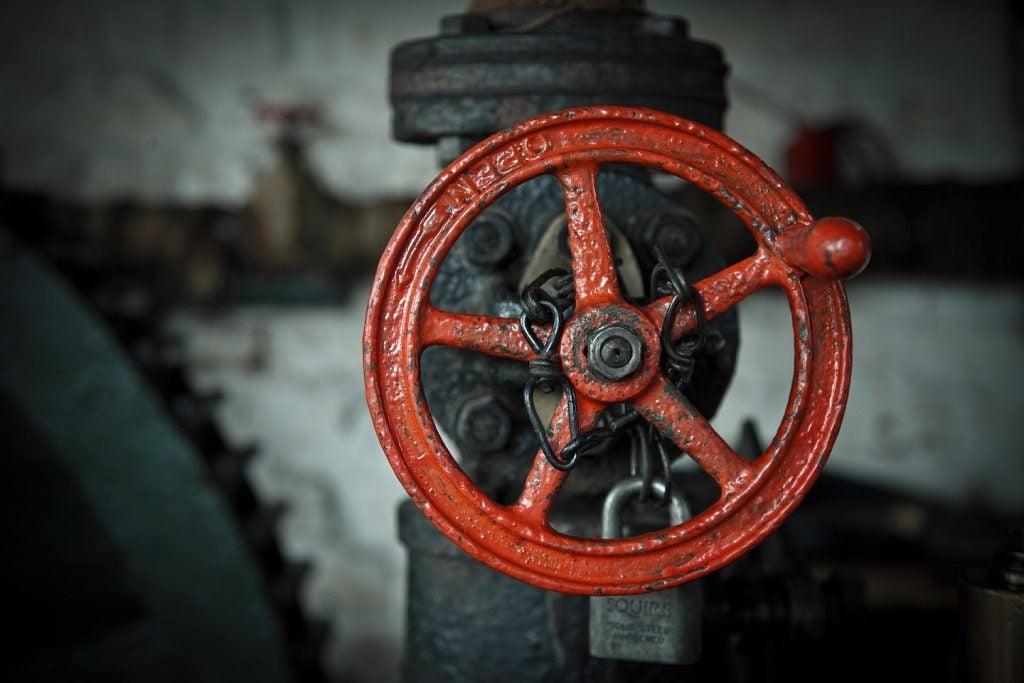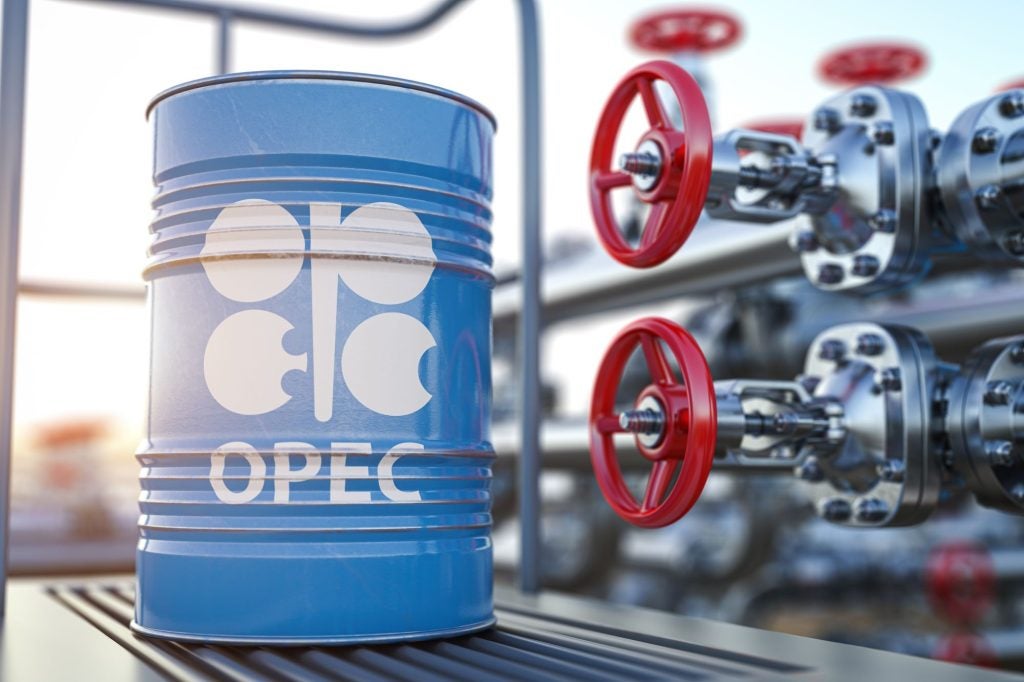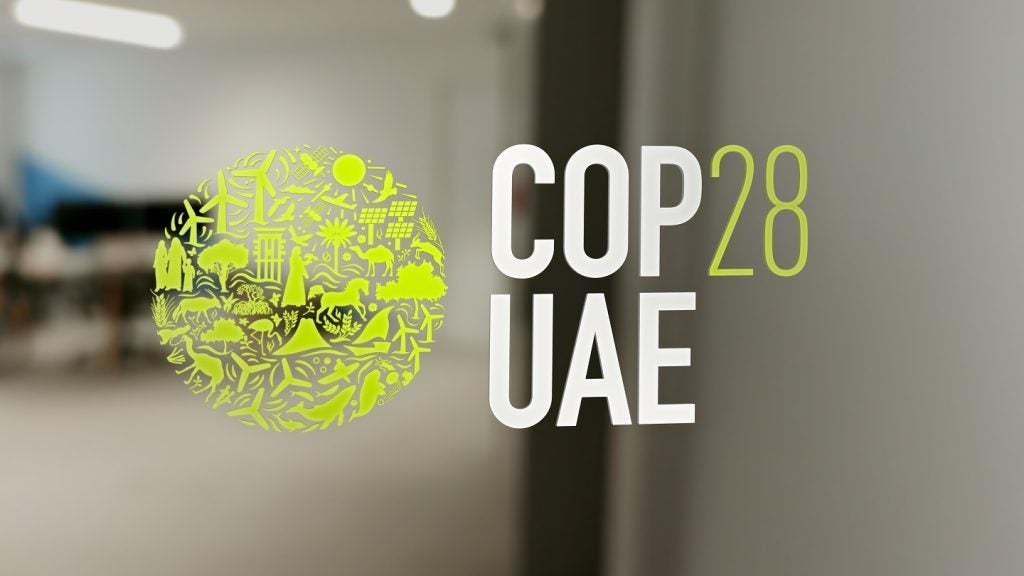Indonesia has reportedly approved a revised development plan for the Abadi gas project in the Masela Block, reported Reuters citing the country’s energy ministry official.
The long-delayed project is estimated to cost $20bn for development and is planned to start production in 2029.
Japanese oil and gas company Inpex owns majority stake in the Abadi project, which has faced several delays due to number of adjustments, including shifting the project onshore to comply with government requests.
In April 2023, Inpex and its joint venture partner Shell submitted revised development plan for the Abadi LNG project.
The revised plan involved incorporation of a carbon capture and storage component to neutralise all CO₂ emissions from the field.
Indonesia Energy Ministry oil and gas director general Tutuka Ariadji was quoted by the news agency as saying that the revised plan for the Abadi project "has been approved".
The Abadi LNG project is expected to have production capacity of 9.5 million tonnes annually and up to 35,000 barrels of condensate per day.
In October 2023, Shell subsidiary Shell Upstream Overseas Services divested 35% stake in the Masela production sharing contract (PSC), which includes the Abadi gas project, to Indonesia's Pertamina and Malaysia's Petronas.
At that time, Shell said the sale forms part of its focus on ‘disciplined capital allocation’. It plans to continue to operate in downstream and low-carbon fuel sectors in Indonesia.
Pertamina and Petronas have acquired 20% and 15% stakes, respectively, in the Masela PSC which is 150km offshore Saumlaki in Maluku province.
Petronas president and group CEO Tan Sri Tengku Muhammad Taufik said the company is committed to support Indonesia’s aim of having production of “one million barrels of oil per day and 12 billion standard cubic feet per day of gas by 2030”.


